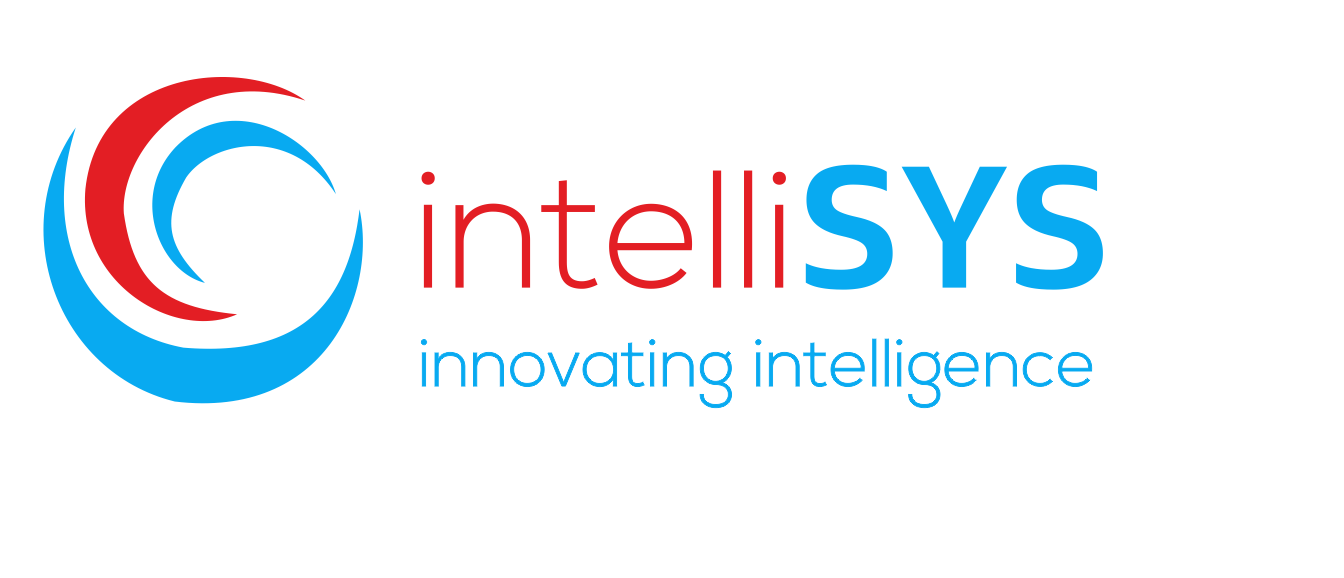The Impact of RegTech on Streamlining Compliance Processes
Regulatory compliance is a critical challenge for financial institutions, requiring them to navigate complex rules and regulations to prevent financial crimes, such as money laundering, fraud, and terrorist financing. As regulations continue to evolve, financial institutions face increasing costs and resource demands to ensure compliance. This is where Regulatory Technology (RegTech) comes into play. RegTech leverages cutting-edge technologies such as artificial intelligence (AI), machine learning (ML), big data analytics, and blockchain to enhance compliance processes. By automating and streamlining regulatory reporting, risk management, and monitoring activities, RegTech solutions enable financial institutions to improve efficiency, reduce costs, and ensure compliance with global regulatory standards.

The Evolution of RegTech
The emergence of RegTech can be attributed to the increasing complexity of financial regulations, especially after the 2008 global financial crisis. As regulators introduced stricter compliance measures, financial institutions struggled to keep up with the sheer volume of regulations. Traditional compliance methods, which relied on manual processes and legacy systems, proved to be inefficient and costly.
RegTech emerged as a solution to this problem, providing financial institutions with advanced tools to automate compliance processes, enhance risk management, and improve regulatory reporting. Today, RegTech is a rapidly growing industry, with startups and established technology firms developing innovative solutions tailored to the needs of banks, insurers, and other financial entities.
Key Areas Where RegTech is Making a Difference
- Automated Monitoring and Reporting
One of the biggest challenges financial institutions face is the ability to monitor transactions and report suspicious activities in real time. Traditional compliance systems often generate high volumes of false positives, leading to inefficiencies and increased operational costs.
RegTech solutions address this issue by using AI and ML algorithms to analyze transaction data, identify unusual patterns, and detect potential fraudulent activities. These solutions improve accuracy, reduce false positives, and enable financial institutions to respond to threats in real time.
For example, Natural Language Processing (NLP) technologies can automate the analysis of regulatory documents, ensuring that firms remain compliant with changing regulations. Additionally, blockchain technology can provide an immutable audit trail, making it easier to track and verify compliance activities.
- KYC (Know Your Customer) and Identity Verification
KYC procedures are essential for preventing financial crimes, but traditional onboarding processes are time-consuming and costly. Financial institutions often struggle with verifying customer identities, especially when dealing with cross-border transactions.
RegTech solutions enhance KYC processes by leveraging AI-driven identity verification and biometric authentication. Automated KYC platforms can:
- Cross-check customer information with global databases.
- Detect fraudulent identities using machine learning models.
- Reduce onboarding times by streamlining the verification process.
This not only improves efficiency but also enhances customer experience by reducing friction in the onboarding process.
- Risk Management and Data Analytics
Risk assessment is a crucial aspect of regulatory compliance. Financial institutions must assess the risks associated with customers, transactions, and third-party vendors to prevent illicit activities.
RegTech solutions use big data analytics to:
- Predict and assess risks in real-time.
- Provide a dynamic risk-scoring model based on transaction behavior.
- Enable financial institutions to make data-driven compliance decisions.
These predictive analytics tools help organizations proactively identify potential risks and take preventive measures before regulatory breaches occur.
Benefits of Implementing RegTech Solutions
- Increased Efficiency and Accuracy
Traditional compliance methods require significant human intervention, increasing the likelihood of errors and delays. RegTech automates complex compliance tasks, reducing manual workload and improving accuracy.
- Cost Reduction and Resource Optimization
Compliance costs have surged in recent years due to increasing regulatory requirements. By automating compliance processes, RegTech helps financial institutions reduce operational costs, allocate resources more effectively, and minimize regulatory fines.
- Real-Time Compliance and Faster Decision-Making
RegTech enables financial institutions to monitor compliance in real-time, allowing them to quickly identify and address regulatory issues before they escalate.
- Enhanced Adaptability to Regulatory Changes
Regulations are constantly evolving, making it challenging for financial institutions to stay up to date. RegTech solutions provide automated regulatory updates and compliance checks, ensuring that organizations remain compliant with the latest regulatory changes.
- Improved Customer Experience
By streamlining KYC and onboarding processes, RegTech reduces delays in customer verification and enhances the overall banking experience.
Challenges and Considerations
While RegTech offers numerous benefits, its implementation comes with challenges that financial institutions must address.
- Integration with Legacy Systems
Many financial institutions operate on outdated legacy systems that may not be compatible with modern RegTech solutions. Upgrading IT infrastructure requires significant investment and strategic planning.
- Data Privacy and Security Concerns
With increased reliance on AI and data analytics, ensuring the privacy and security of customer data is a major concern. Financial institutions must implement robust cybersecurity measures to protect sensitive information.
- Regulatory Uncertainty and Compliance Risks
RegTech solutions must align with regulatory requirements across different jurisdictions. Financial institutions need to ensure that their chosen RegTech providers comply with international standards and frameworks.
- Managing False Positives in AI-Driven Compliance
While AI and ML enhance fraud detection, they can still generate false positives that require manual review. Organizations must fine-tune their algorithms to balance accuracy and efficiency.
The Future of RegTech in Compliance
As financial regulations continue to evolve, the demand for RegTech solutions will continue to rise. The future of RegTech is likely to see advancements in the following areas:
- AI-Driven Regulatory Sandboxes
Regulatory sandboxes will allow financial institutions to test new RegTech solutions in a controlled environment, ensuring compliance before full-scale implementation.
- Expansion of Blockchain for Regulatory Reporting
Blockchain-based compliance solutions will enhance transparency and provide secure, tamper-proof records for regulatory audits.
- Enhanced Cross-Border Compliance Solutions
With globalization, financial institutions need RegTech solutions that can navigate cross-border regulatory requirements and ensure seamless compliance across multiple jurisdictions.
- Integration of Explainable AI (XAI) in Compliance
Regulators are increasingly emphasizing the need for explainable AI in compliance decisions. Future RegTech solutions will focus on making AI-driven compliance more transparent and interpretable.
Conclusion
RegTech is transforming the financial industry by streamlining compliance processes, reducing operational costs, and enhancing regulatory efficiency. As financial institutions continue to face increasing regulatory scrutiny, investing in RegTech solutions is essential for staying ahead of compliance challenges.
By leveraging AI, machine learning, and big data analytics, financial institutions can enhance risk management, automate compliance tasks, and ensure adherence to global regulatory frameworks. The adoption of RegTech is not just a trend but a necessity for financial institutions looking to thrive in an increasingly regulated world.
